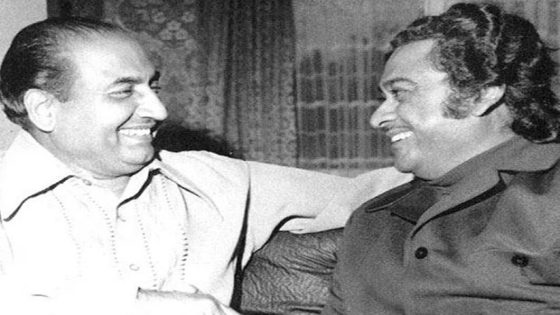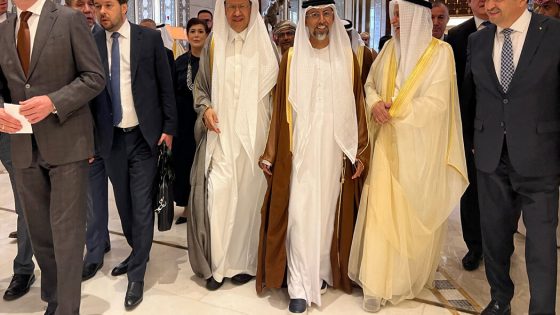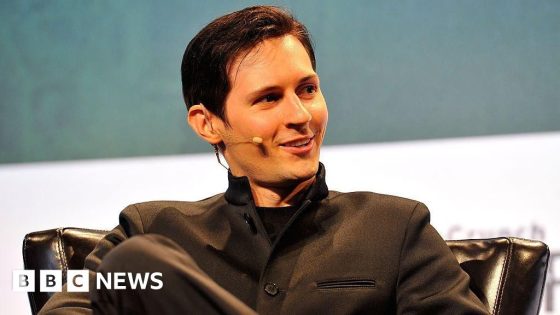The legend that is Mohammed Rafi died 44 years ago on July 31. The other legend that is Kishore Kumar was born on August 4, 1929. Deep friends, professional colleagues and uncrowned monarchs of ‘playbackdom’, the two were ardent admirers of each other. In fact, Kishore as an actor has had Rafi singing playback for him in about 10 songs!

From ‘Yaadon Ki Baraat’ to ‘Salamat Rahe Dostana Humara’: When Mohammed Rafi and Kishore Kumar teamed up as playback singers
But even more important is the fact that Rafi and Kishore collaborated vocally in over 70 songs between their first two numbers and 1980 when Rafi passed away. In fact, in the very year of his death, a bevy of Rafi-Kishore numbers were heard, some of which were ensemble numbers with other singers. Aap Ke Deewane (three songs), Swayamvar, Jyoti Bane Jwala, Dostana, Ram Balram, Neeyat, The Burning Train, Shaan, Aap To Aisa Na The were the varied films that brought them vocally together. And the R-and-K magic continued, through 1981 and 1982, in films like Kranti, Naseeb and Deedaar-E-Yaar.
The duo first sang two songs in Malkin (1953) under Roshan. But the two numbers from Malkin, both light songs, have a quaint appeal: ‘Kahin se oonchi kahin se neechi’ and ‘Dhoti aur patloon mein’ (with director Ram Kamlani as singer too) are like amusing hark-backs today.
Nevertheless, Madan Mohan (Mastaana, Fifty Fifty) and O.P. Nayyar (Naya Andaz, Akalmand, Bhagam Bhag) used this combination most in the pre-1970s era.
And though it is a very, very tough task choosing their 12 best collaborations, here it goes.
Bhagam Bhag / ‘Hey babu yeh hai zamana tera & Chhod chale pyari duniya ko’ / Lyrics: Majrooh Sultanpuri
And it is O.P. Nayyar who scores a double bill by annexing both the Rafi-Kishore gems of the 1950s from a single film. Shot hilariously on Bhagwan, the producer-director-actor, and co-hero Kishore Kumar, these two songs show the infinite chemistry Rafi and Kishore crafted early on: remember that those were the days of ‘live’ recordings. And the vocal gimmicks and nuances of both were extraordinary in the latter ‘suicide’ song, set to a Western classical (was it a foxtrot?) beat.
Parwana / ‘Yun na sharma phaila de’ / Kaifi Azmi
But it took Madan Mohan the early 1970s to really score with the duo, and in an unusual manner. The Rafi portion, in contrast to Kishore’s guitar-driven song full of flamboyance, came as an interpolation between his parts. In fact, Rafi’s section ‘Arey hansne walo’, with poignant orchestral backing, was also recorded separately at the composer’s wish and Kishore not only insisted on being present at Rafi’s ‘take’ but was bowled over by his modulation.
Yaadon ki Baraat / ‘Yaadon ki baraat’ / Majrooh Sultanpuri
The obvious climax song of this blockbuster saw a vocal chemistry that was perfect to show how two siblings who were friends discover their actual relationship in a club through a common childhood song sung by one of them. In the shadows, their eldest brother, overhears them, but cannot reveal his identity. Rafi, Kishore, composer R.D. Burman and the words thus had to integrate a powerful element of pathos amidst the breezy melody. And did it work!
Chupke Chupke / ‘Saregama ma sa re ga’ / Anand Bakshi
The boisterous combination of these versatile songsters was back in this comic S.D. Burman gem that exemplified the spirit of this immortal drama, especially when Lata got the sad title-song. More than Dharmendra and Amitabh Bachchan, perhaps, it was the two singers who seemed to enjoy the sheer frolic in the situational song.
Doosraa Aadmi / Kya mausam hai ae diwaane dil / Majrooh Sultanpuri
In his limited span with Rafi, composer Rajesh Roshan not only gave him wonderful songs but also got the best out of Kishore and Rafi together. And his first such coup was this beauty in which Lata Mangeshkar joined the masters. Rafi’s entry (for Shashi Kapoor) into the last antara of this beauty was to die for. And the sheer sonorous strains of the song throughout gave a haunting atmosphere to the film. Kishore’s haunting vocals (complete with superb reverb) went on Rishi Kapoor.
Amar Akbar Anthony / ‘Humko tumse ho gaya hai pyar’ / Anand Bakshi
With the multi-star era blooming, Rafi and Kishore got many a song together from the mid-1970, some of them with other singers coming in. This Laxmikant-Pyarelal gem set a record by becoming the first and only song to feature all the three top names in playback—Mukesh being the third—in one song, with Lata Mangeshkar singing for all three heroines. The song was composed and structured beautifully for each singer’s special style, in turn suited to the three heroes’ characters!
Muqaddar / ‘Suraj se aankhen mila’ / Anjaan
Here was another lovely melody from Rajesh Roshan. This time, Asha Bhosle and Usha Mangeshkar joined them, with Sanjeev Kumar and Shashi Kapoor getting their vocals in another rousing number. The composer got to score two Sanjeev-Shashi duets and very interestingly exchanged voices for both pairs. In Swayamwar later, Rafi went on Shashi!
Dostana / ‘Salamat rahe dostana hamara’ / Anand Bakshi
This timeless duet on friendship led the hit soundtrack of Dharma Productions’ first film, all of 44 years ago, to popularity. A mellow L-P composition, it saw Rafi and Kishore complement each other to perfection.
Chalti Ka Naam Zindagi / ‘Bandh mutthi lakh ki’ / Irshad
The ultimate tribute of Kishore to Rafi was this situational and frisky song that also had Manna Dey for Ashok Kumar. Kishore was both the hero and composer of his own film, intended as a follow-up to Chalti Ka Naam Gaadi, in which too, Manna and Kishore had come together. This time, Kishore created some truly buoyant lyrics for Rafi, as his voice sat on third brother Anoop Kumar.
Kranti / ‘Chana zor garam’ / Santosh Anand
After Amar Akbar Anthony, L-P went on to make another, even better and layered multi-singer sparkler for this film. The patriotic genre saw Rafi, Kishore and—this time—Mukesh’s son, Nitin Mukesh, excel with Lata again as the fourth element. As in AAA, the Kishore and Rafi portions were spaced out within the song, but it inarguably ranks among their finest collaborations.
Deedaar-E-Yaar / ‘Mere dildaar ka baankpan Allah Allah’ / Sahir Ludhianvi
This Laxmikant-Pyarelal creation was the last Rafi-Kishore union to be heard, and as was the case in most of their duets, the song began with Kishore’s voice. Laxmikant stated that Kishore was initially apprehensive about the high-flown Urdu lyrics and therefore worked so hard on them that at the recording he sailed through the words while Rafi stumbled in the diction!
Jeetendra, also the producer of this film, however, revealed that Kishore was offered his then-market price (then Rs. 20,000) while Rafi was paid his ‘normal’ fee of Rs. 4000. But an indignant Kishore refused the extra remuneration and accepted only what his idol had been paid.
Truly, in every sense of the word, the Rafi-Kishore union was magic, and while we have any numbers of fan(atics) who run down one at the expense of the other, all I can say is ‘Bane chahe dushmun zamana hamara / Salamt rahe dostana hamara’!
Also Read: Trivia Tunes: When Sonu Nigam was called to recreate Mohammed Rafi’s iconic song due to copyright issues
BOLLYWOOD NEWS – LIVE UPDATES
Catch us for latest Bollywood News, New Bollywood Movies update, Box office collection, New Movies Release , Bollywood News Hindi, Entertainment News, Bollywood Live News Today & Upcoming Movies 2024 and stay updated with latest hindi movies only on Bollywood Hungama.
Source Agencies



